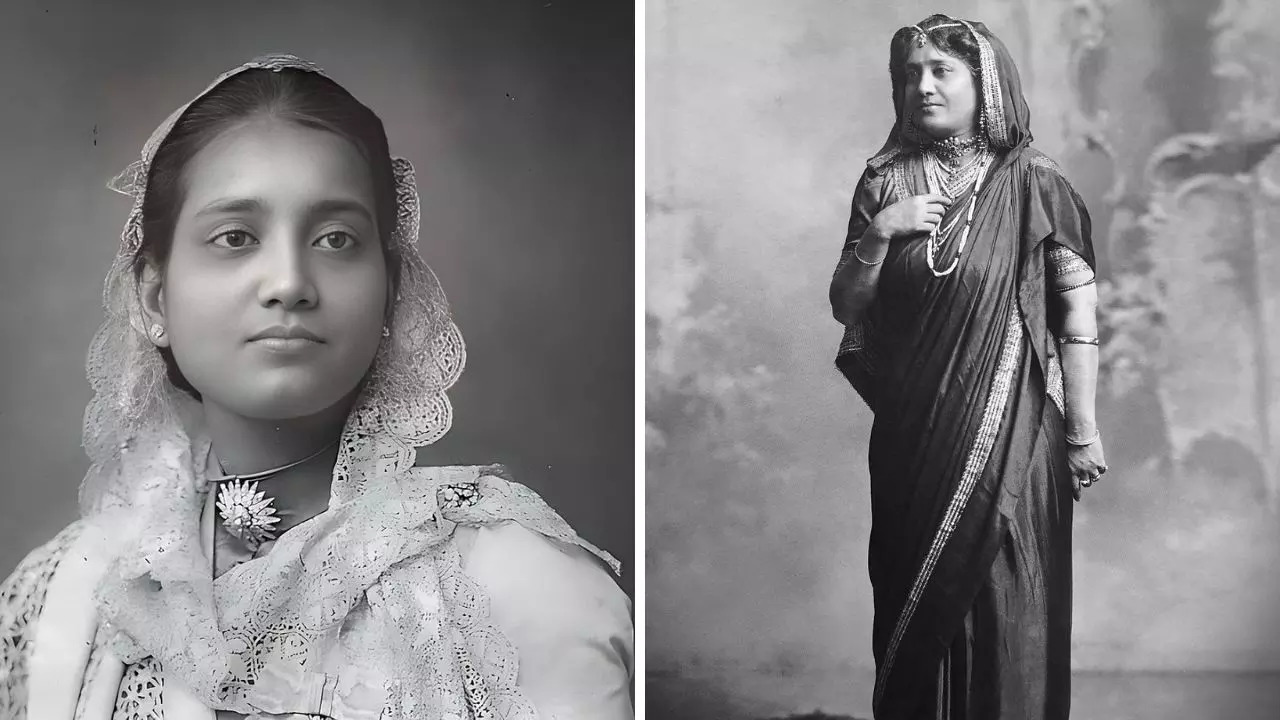The royal family of the erstwhile princely state of Cooch Behar was considered the most westernised and progressive of all. Maharani Sunity Devee of Cooch Behar (1864–1932) was one of the main forces behind modernising the state. Sunity was not born into royalty; she was the daughter of the philosopher and Brahmo Samaj reformist Keshub Chunder Sen and the writer Sāradāsundarī Debī.
She grew up in her family’s home, known as the “Sen’s House”, built by her great-grandfather at Coolootola, a part of Calcutta (present-day Kolkata). Due to political necessity, it was customary for members of royal families to marry within royalty. However, Sunity Devee’s marriage at the age of 14 to Nripendra Narayan (1863–1911), the crown prince of Cooch Behar in 1878, led to significant controversy.
Her father had advocated for ensuring that the minimum age of marriage for Hindu girls during the colonial era should be 14 years. Thus, her marriage at such a young age was contentious. Shortly after the marriage, the Maharaja left for higher education in London, and Sunity Devee stayed with her parents for two years until he returned.
The arranged match between a girl without royal lineage and a Maharaja turned out to be a harmonious one. They shared common interests in travel, fashion, high society, and literature. They had seven children—four sons and three daughters.
While fulfilling her royal duties as queen, Sunity also worked on her personal development and the emanci.


















